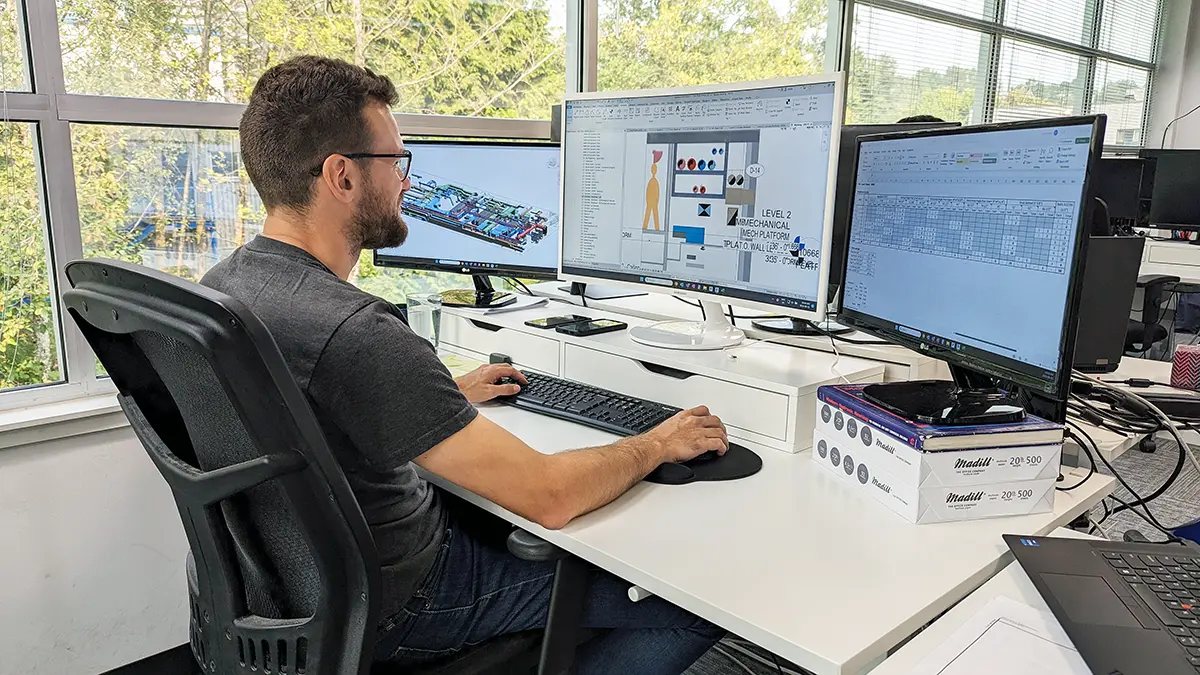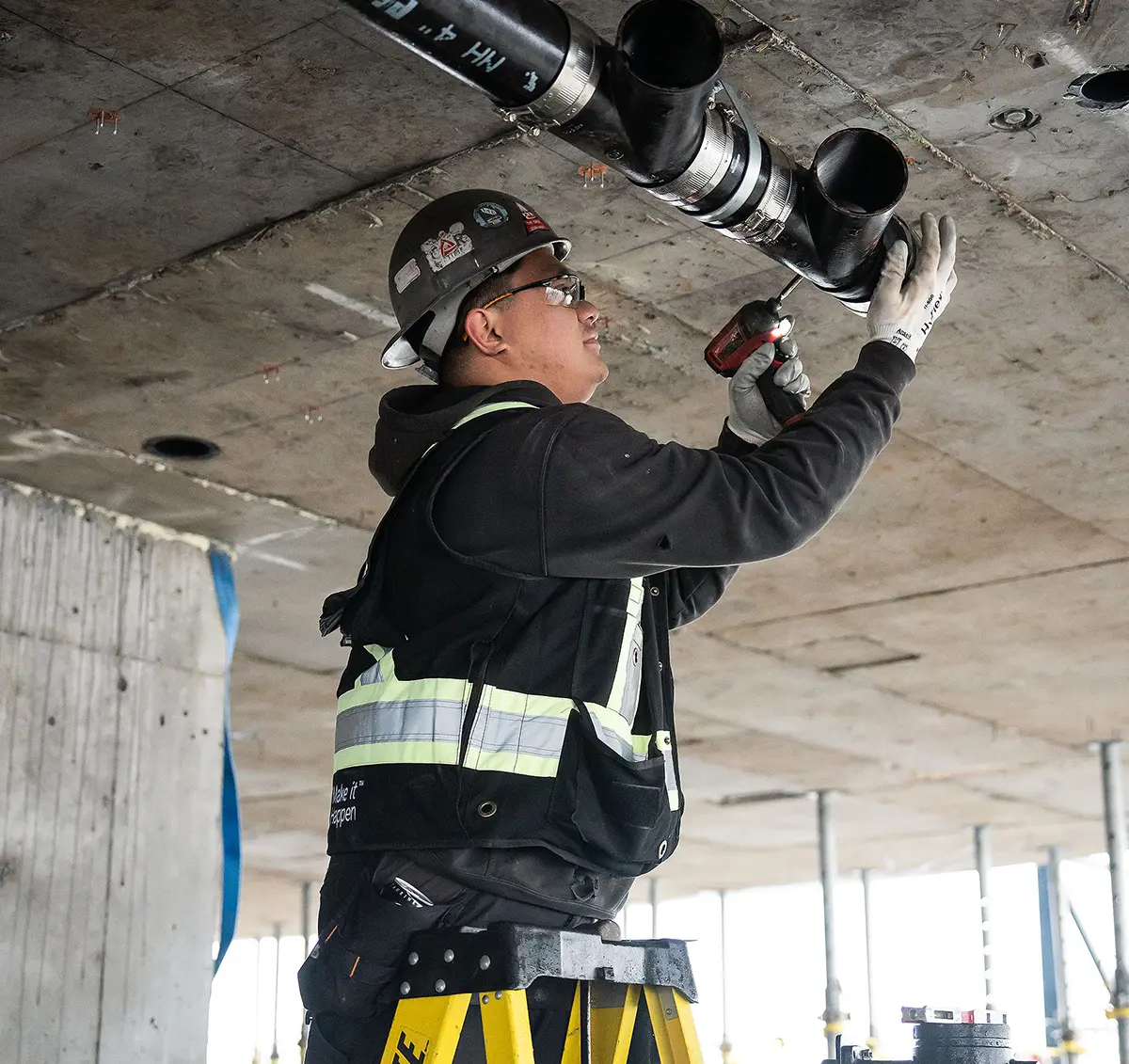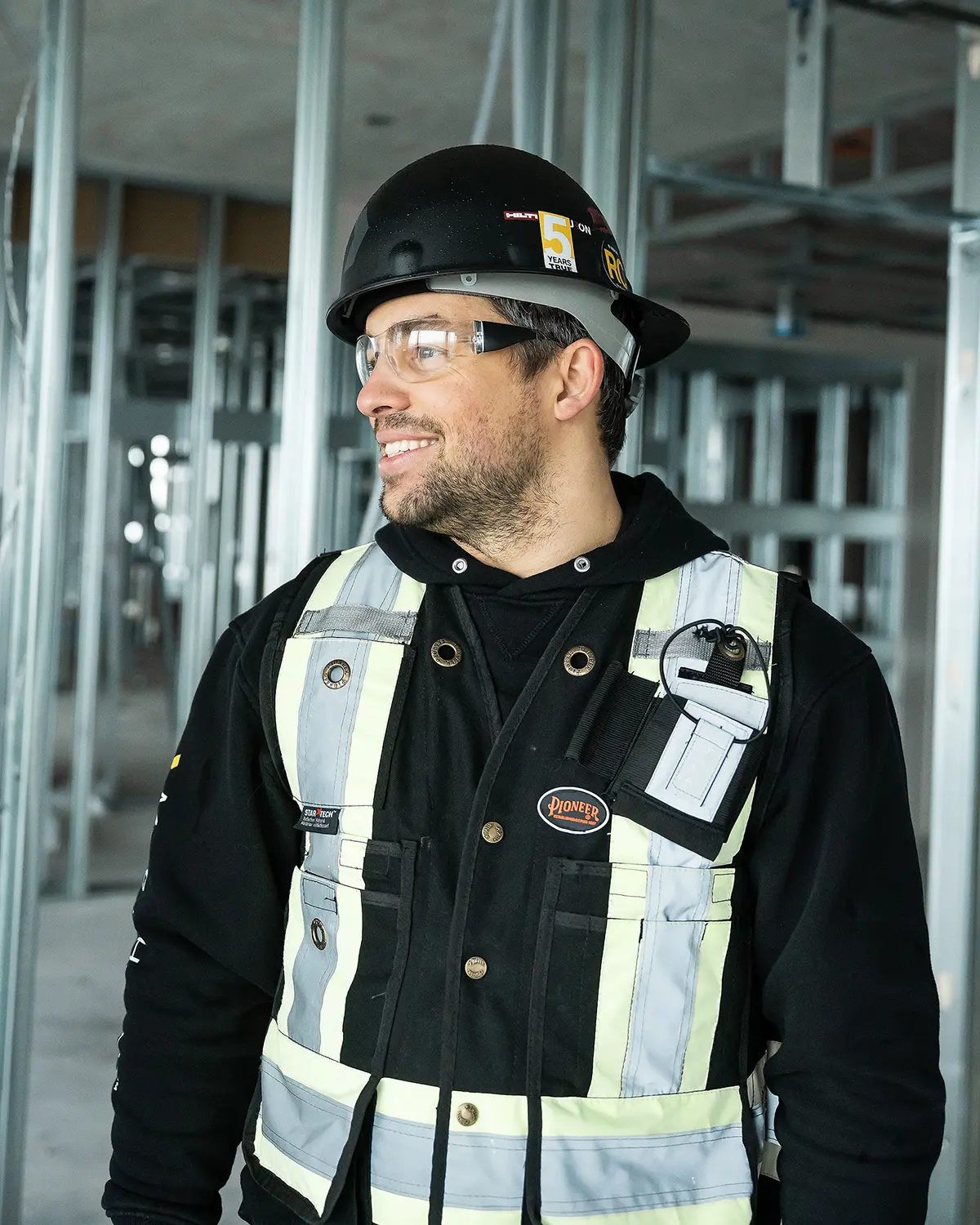What do Mechanical Contractors do?
In the intricate web of construction, there exists a vital role that ensures the functionality and comfort of every building – the mechanical contractor. These unsung heroes oversee a plethora of mechanical systems, from heating and cooling to plumbing and refrigeration. But exactly what do mechanical contractors do, and how does one embark on this career journey? Let’s delve into the world of mechanical contracting and uncover its nuances.
What is a Mechanical Contractor?
Mechanical contractors are the masterminds behind the scenes, orchestrating the installation, maintenance, and repair of essential mechanical systems in buildings. Whether it’s ensuring the warmth of a cozy home or the efficiency of a bustling commercial space, these professionals handle it all. At the heart of mechanical construction lies versatility. Contractors tackle a diverse range of projects, from residential abodes to sprawling commercial complexes. Their expertise spans various domains:
- HVAC Systems: The backbone of climate control, encompassing heating, ventilation, and air conditioning.
- Refrigeration Systems: Vital for preserving perishables and maintaining optimal temperatures in various settings.
- Plumbing: Managing the intricate network of pipes and fixtures that facilitate water supply, heating, and sanitation.
- Building Information Modelling: Building Information Modelling (BIM) is an essential tool for modern construction projects. BIM is a 3D modelling process that allows architects, engineers, and contractors to collaborate on a project in a virtual environment. BIM allows for the creation of a digital representation of the physical and functional characteristics of a building, which can be used to plan, design, construct, and manage the project.
- Electrical Systems: Ensuring the seamless flow of electricity to power the modern world.
- Combustion and Manufacturing: Handling energy generation, waste disposal, and the intricate machinery powering industries.

Mechanical Contractor Duties and Responsibilities
Mechanical contractors oversee the setup and upkeep of mechanical projects, either directly or by coordinating various skilled workers. At True Mechanical our contracts cover various sectors such as commercial HVAC systems, high-rise plumbing, refrigeration, institutional and special projects. Mechanical contractors are essential in any environment featuring mechanical components. Whether in commercial buildings or industrial settings like factories or labs, these professionals ensure the installation, servicing, and maintenance of mechanical systems.
- Project Management: From conception to completion, contractors oversee every aspect, ensuring adherence to timelines and budgets.
- System Installation: Expertly assembling and installing mechanical components on-site, translating blueprints into functional realities.
- On-site Supervision: Managing teams, allocating resources, and navigating unforeseen challenges with finesse.
- Quality Control: Conducting meticulous inspections and troubleshooting to uphold the highest standards of craftsmanship.
“The Mechanical Construction Services market is poised to grow by USD 70.44 Billion, progressing at a CAGR of almost 6.52%.” – Spend Edge.
The Path to Becoming a Mechanical Contractor
Whether you’re an analytical thinker, a hands-on doer, a creative designer, or an effective delegator, there’s a pathway for you in the HVAC/R mechanical trades. A successful career in this field can offer stable employment, competitive pay, and continuous learning opportunities alongside motivated colleagues. At True Mechanical, we value full-time employees, providing them with competitive wages, excellent benefits, and ongoing training to support their professional development.
Here’s a step-by-step guide to kickstart your journey in the HVAC/R mechanical trades:
- Obtain a high school diploma: Start by earning your high school diploma and focus on subjects like physics, computer science, and mathematics. Consider enrolling in vocational classes covering electronics, plumbing, and metal works to enhance your knowledge.
- Enroll in a training program: After completing high school, pursue a formal training or certificate program offered by colleges or trade schools. You can opt for an associate’s degree or a certificate program to improve your job prospects. These programs typically cover various aspects such as operating HVAC equipment, troubleshooting cooling and ventilation systems, handling refrigerants, reading blueprints, and basic electrical wiring.
- Complete an apprenticeship program: Gain hands-on experience by joining an HVAC contractor as an apprentice. Apprenticeships provide valuable on-the-job training and allow you to network within the industry. Requirements usually include a high school diploma or GED, a driver’s license, and possibly passing a math examination.
- Consider professional certifications: Enhance your skills and credibility by obtaining certifications from reputable organizations like the Canadian Construction Association, or Air Conditioning, Heating and Refrigeration Institute (AHRI), North American Technician Excellence (NATE), or Mechanical Contractors Association of Canada. These certifications demonstrate your expertise in various aspects of HVAC systems.
- Gain work experience: Seek entry-level positions or apprenticeships to gain practical experience in the field. The duration of required work experience varies by state, ranging from two to seven years. Working alongside experienced technicians will help you develop your skills and expertise.
- Heating, Air Conditioning, and Refrigeration: Expected to see a robust 6% growth from 2022 to 2032.
- Plumbing and Pipefitting: Anticipated to align with the average growth rate, offering stable employment opportunities.
- Building Information Modelling: BIM programs are revolutionizing the way construction management is done. BIM programs are digital tools that allow construction managers to create 3D models of a building or structure, which can then be used to plan, design, and construct the project.
By following these steps, you can embark on a promising career as an HVAC contractor, equipped with the knowledge, skills, and certifications needed for success in the industry.

“The industry must continue to recruit more young people and minorities into the workforce. The current workforce is graying and younger generations have shown a dwindling interest in the trades as the educational system shifted priorities to emphasize academic degrees over trade certificates.” — Business in Focus Magazine.
The Bright Future of Mechanical Contracting
In an era marked by rapid urbanization and technological advancement, the demand for skilled mechanical contractors continues to soar. According to the U.S. Bureau of Labor Statistics, the outlook is promising, with steady growth projected across various sectors:
With over 80,000 new job openings forecasted annually, the horizon is ripe with possibilities for aspiring mechanical contractors.

In Conclusion
Mechanical contracting epitomizes the marriage of precision and pragmatism, where skilled professionals converge to shape the built environment. As the backbone of modern infrastructure, mechanical contractors wield their expertise to ensure comfort, efficiency, and safety in every structure they touch. Whether you’re drawn to the intricacies of HVAC systems or the challenges of industrial machinery, the path to becoming a mechanical contractor offers boundless opportunities for growth and fulfillment in a dynamic industry. So, if you’re ready to embark on this exhilarating journey, equip yourself with knowledge, hone your skills, and step boldly into the realm of mechanical contracting. The future awaits – seize it with unwavering determination and passion.









